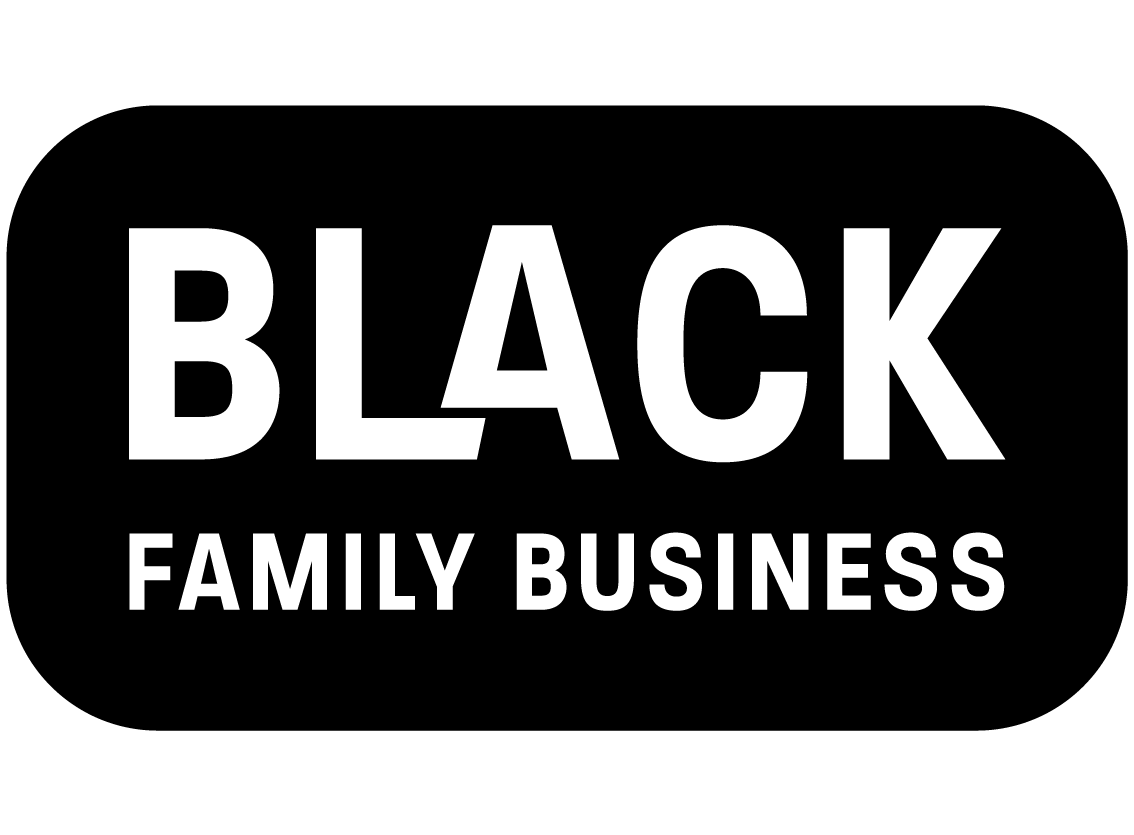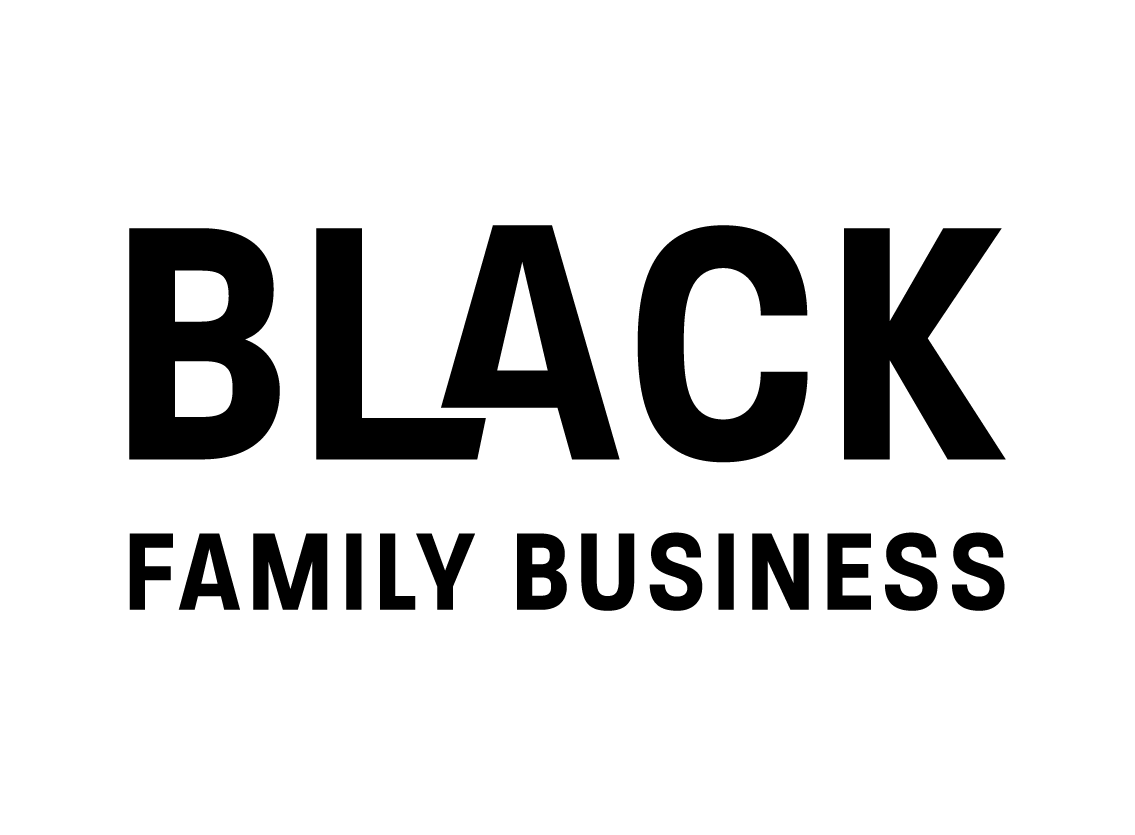
Natural disasters and the pandemic.
Category 4 Hurricane Harvey hit Texas and Louisiana.
And so many more…
As many as 50 counties and more than 30,000 people in Houston were forced from their homes, according to multiple news reports.
However, more than 13 million people in Texas and Louisiana combined were impacted.
Agencies and people across the world sent aid relief of water, food and supplies to help the displaced families.
Despite these short term efforts, the devastation of this traumatic event for most people impacted will linger longer than food, water, supplies or any well intentioned aid relief can last.
This is where the work of our community agencies, churches, and government agencies really begins.
To provide mental health support and services to help families that were displaced by these natural disasters.
Also, to support the first aid responders who have been on the ground providing aid relief since day one.
Mental health is defined as a person’s condition with regard to their psychological and emotional well-being.
1 in 3 people are affected by mental health issues in the US.
Combine this number with the 13 millions of individuals who experienced the trauma of losing their homes, losing loved ones in the storm or having to be rescued from their homes by boat.
For example, let’s put it all together and not forget the long term effects of 50 inches of rain in Houston, 27 trillion gallons of rain over Texas and Louisiana over a 6 day period according to CNN, 13 million displaced people, 300,000+ who evacuated their homes and most returning to homes under water.
There is a term for the impact of these events on people, it is called Post Traumatic Stress Disorder (PTSD).
In the past the term was only associated with veterans or people who serve in the military.
According to the National Alliance on Mental Illness, PTSD affects 3.5% of the U.S. adult population—about 7.7 million Americans—but women are more likely to develop the condition than men.
“Sometimes our biological responses and instincts, which can be life-saving during a crisis, leave people with ongoing psychological symptoms because they are not integrated into consciousness.
Because the body is busy increasing the heart rate, pumping blood to muscles for movement and preparing the body to fight off infection and bleeding in case of a wound, all bodily resources and energy get focused on physically getting out of harm’s way.
This resulting damage to the brain’s response system is referred to as PTSD.”
Compassion fatigue is the emotional residue or strain of exposure to working with those suffering from the consequences of traumatic events, according to the American Institute of Stress.
In Houston alone, 911 emergency lines were overwhelmed with more than 56,000 calls during one disaster, the Houston Office of Emergency Management said in a tweet.
More than 2,200 water rescues were conducted in Houston alone, KTRK-TV reported.
The total number of rescues was not yet fully tallied as thousands of rescue operations — from the 4,000 deployed U.S. Coast Guards to the National Guards and others — were still underway.
Let us not forget the firefighters, police officers, members of the media, Red Cross workers and even Good Samaritans who also risked their own lives to rescue people.
I hate to say it, but stigma still exists in communities of color with mental health and getting help.
We were taught to serve others before ourselves and when times get rough, just pray about it.
I understand this notion of serving others before serving yourself.
It caused me compassion fatigue, burnout, and what could have been a likely fatality of experiencing a mental health symptoms.
It is a serious issue to experience the long term effects of trauma without getting the right help.
The caveat is that just as there is stigma in communities of color, there are not enough mental health services to support the need for long term recovery after natural disasters and the pandemic
It will take a village to collaborate and funding to establish services for these displaced families.
We can raise funds forever but until these resources are allocated towards housing and long term recovery our work will be in vain and years will past with limited results.
For more resources and inspiration, Join the Black Family Business Network: bit.ly/blackfamilybusiness




About The Author: Blackfamilybusiness
More posts by blackfamilybusiness